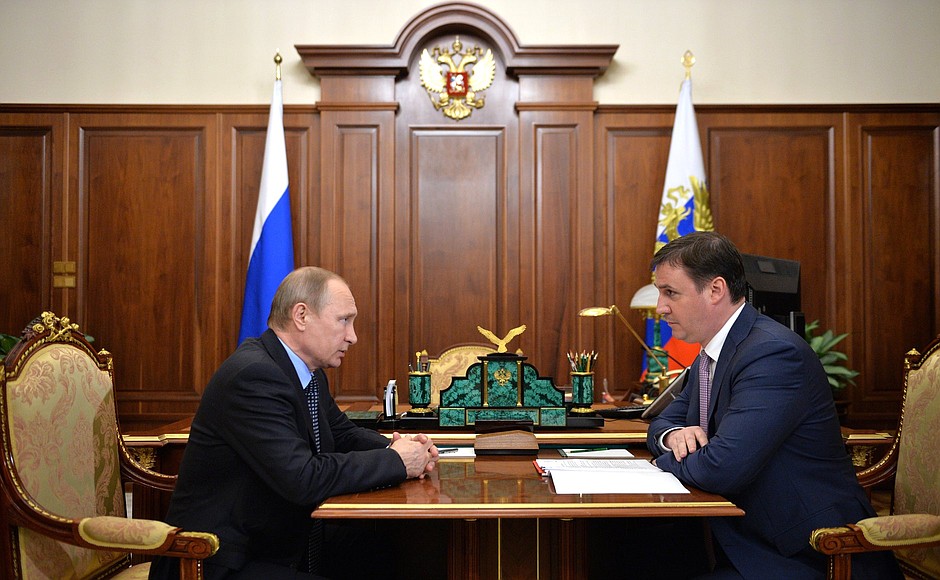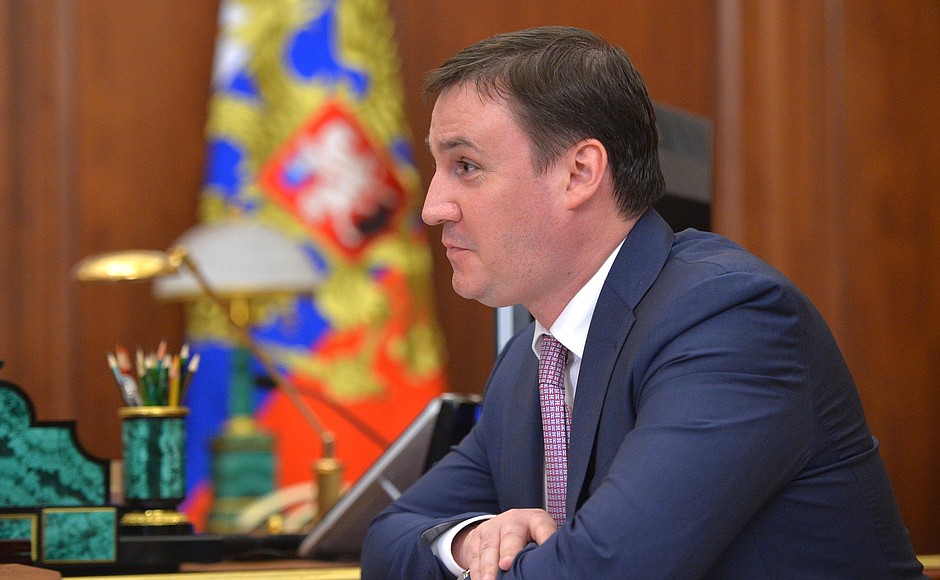Mr Patrushev said that the bank recently approved a new development strategy that brings its performance indicators in line with the current economic situation. The bank will maintain its share of at least 30 percent of the loans in the agriculture sector. The bank has fulfilled all of the tasks it was set as part of the state programme for developing the agricultural sector. It invested 638 billion rubles in the sector in 2015, up 40 percent on the 2014 figure. In 2015, the bank made loans of around 190 billion rubles to fund seasonal work in the fields.
The bank was active in carrying out project financing in 2015 and lent a total of around 23 billion rubles for 7 projects in 2015. Mr Patrushev said project financing is a good instrument that allows within limited long-term resources for import replacement to make available long-term loans at reasonable interest rates to borrowers able to carry out quality investment projects within limited long-term resources for import replacement.
The bank’s regional network worked actively in 2015 in small towns and rural settlements, collecting around 400 billion rubles in clients’ money, which helped to fulfil foreign debt commitments. The bank has been replacing the external funds it raised from Western investors with domestic money. Mr Patrushev said he hoped that by 2017, the bank would have paid off more than half of the loans it raised on external markets and will work with domestic money instead.
Regarding results of the first quarter of 2016, the bank had a net profit of around 6 billion rubles as at May 1. The loan portfolio is expanding, currently amounting to around 1.7 trillion rubles, with the agricultural sector, the bank’s main area of work, accounting for around 1.1 trillion rubles worth of loans.
The bank has already lent 73 billion rubles for seasonal work in the fields this year, which is 60 percent more than in the same period in 2015. Over the first four months of 2016, the bank has made more than 420 billion rubles in funding available to the agricultural sector – up 40 percent on the same period in 2015.
Replying to a question from the President on the financial health of the bank’s clients, Mr Patrushev said that their circumstances have improved if compared with the situation 2–3 years ago. He said that the sanctions have probably had a generally positive effect in that the bank’s clients produce goods that are in demand, and this makes it possible for them to repay their loans.

